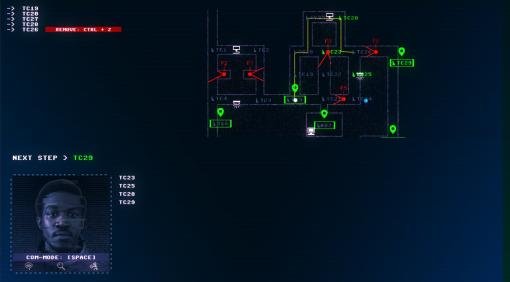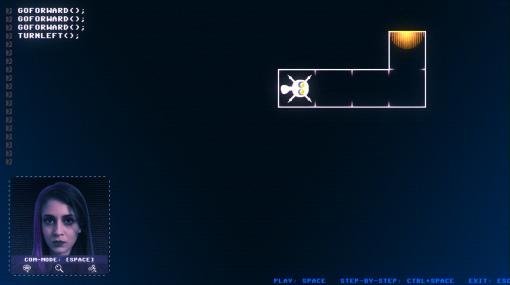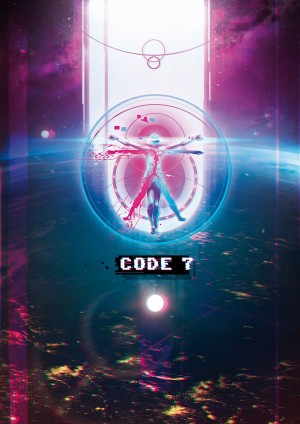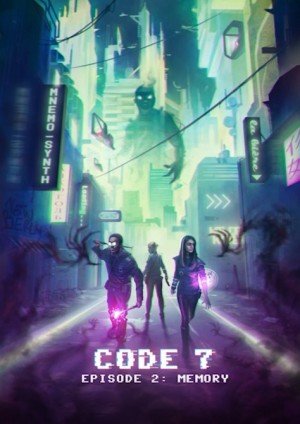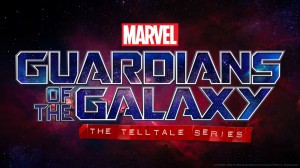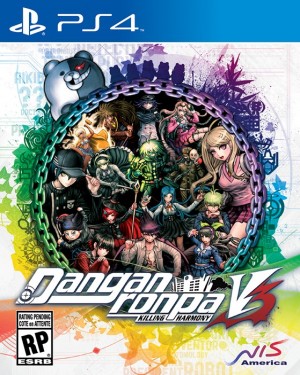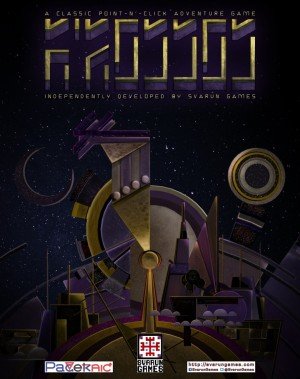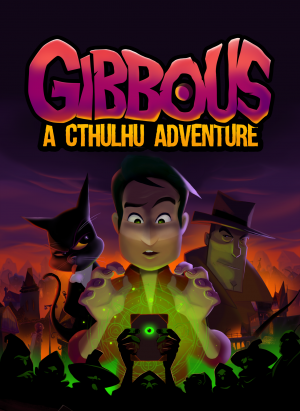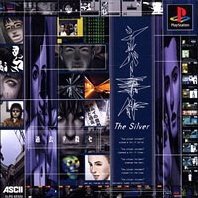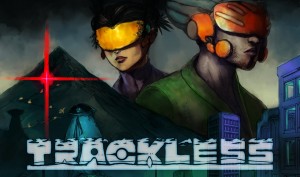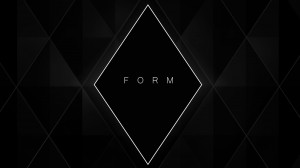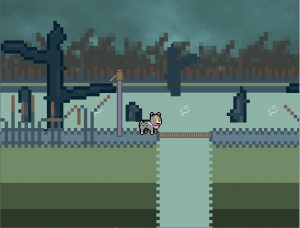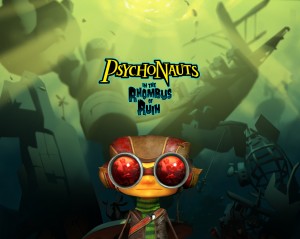Goodwolf Studio – Code 7 interview
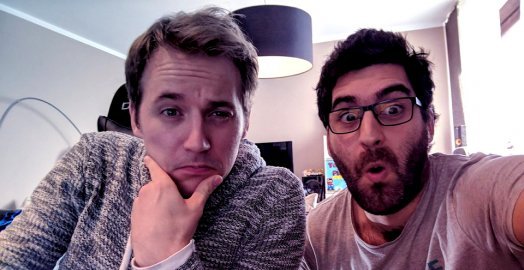
Last year, German developers Goodwolf Studio debuted their interactive fiction game Code 7. Originally funded through a Kickstarter campaign, the text-based hacking adventure has since won many awards like the German Developer Award for Best Indie Game 2016. Episodes 0 (free to play) and 1 have already been released, and after a year of development now Episode 2 is nearly ready. Since their office is directly next to gamescom, we took the opportunity to visit their calm little shared working space during our visit to Cologne. In that half hour, we talked a lot and this interview is the result.
Peter Färberböck: It is nice to have the opportunity to talk to you about Code 7 here at gamescom 2018. How is it going with the development of the game, and when will you release Episode 2? After all, it should already have been available for some time.
Kevin Glaap: Well, the reason why it took us so long is simple: We overworked ourselves for the release of Episode 1 a little bit. We also had to translate it into German…
Zein Okko: … and the version for blind people…
Kevin: Yes, that too. Everything took us quite some time. That is why we started working on Episode 2 a bit later than planned. Sure, now a year has passed since Episode 1 was released. It is going to take us at the most two or three more months until the release. After that, the next episodes will not take us that long. We definitely will not need another year.
Zein: Yeah, we learned many things during the last year. Hence, we did not exhibit at gamescom 2018, because we were and still are fully concentrating on development. It is quite awesome to exhibit and gather feedback on your own game, but it also takes a lot of resources and time.
Kevin: Usually at fairs people play Episode 0 anyway, because they do not know the game and they want to try it from the beginning. That is not necessarily the feedback we are looking for. After all, that episode was released two years ago.
Peter: Have you already prepared some things for the next episode, as you want to meet a quicker release cycle?
Kevin: We are building our episodes on each other, but every episode will have its own game mechanic. That is the basic idea of our episodes. For example, one of the bigger mechanics we are using for Episode 3 is based on something new from Episode 2.
Peter: That means that you’ll introduce that element in Episode 2 and Episode 3 is based on that?
Zein: Yeah, we won’t be cutting development time by working harder or faster, but because we learned many things about why we lost so much time last year. We went to every fair we could attend. We also told ourselves that we have to be finished after six months per episode and tried to pull it off by force. Thus, we lost much more time because we worked ourselves up about our schedule. Now we try to work more relaxed and at the same time more focused on Code 7. That should get us back to our schedule. For now, that works fine.
Peter: What are your main inspirations for Code 7? They aren’t the hacker movies of the ‘80s and ‘90s, are they?
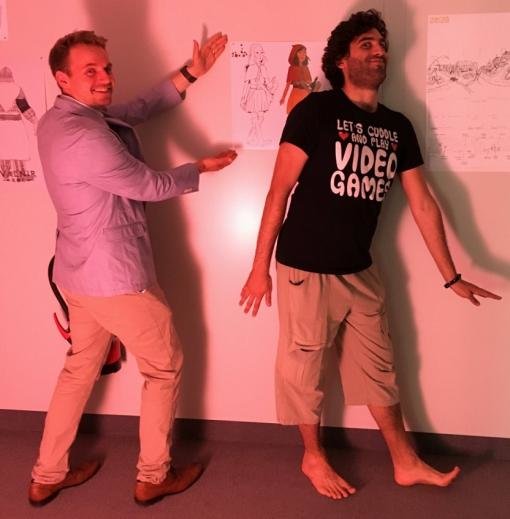 |
Goodwolf's Kevin Glaap (left) and Zein Okko in one of their more serious moments |
Zein: No, more like The Matrix and Alien. And especially Doctor Who. That motto “everything is possible with technology” inspired us very much.
Kevin: That influence is mainly visible in our storytelling.
Peter: Well, that’s better than the hacker movies, since they tend to be quite weird. How could you possibly depict hacking in the daftest way possible?
Zein: How can you depict hacking as exciting as possible – it is quite boring after all. To make a Hollywood movie about hacking, that is difficult. They willingly tend to cheat.
Peter: From your point of view, how difficult is it to sell a text-oriented game today?
Zein: Rather difficult (laughs). That kind of game just does not have that much marketing material. We use the prime artwork for every episode. A screenshot of the game’s interface may look interesting, but it is not that eye-catcher you need nowadays. Many players also have the wrong idea when they see such a screen because there are already a lot of text adventures. In interactive fiction, you think you know what you can expect: Fine, I have to read a lot and there will be many lines of text. Even the trailers for Code 7 do not make it that clear that every single line of dialogue is voice acted.
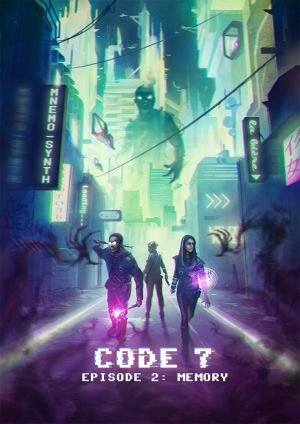 That is why we chose to omit the words “text adventure”. Code 7 is surely inspired by text adventures, but actually it is quite different. In my opinion, to release Episode 0 for free was one of the best decisions we made. That way we can convey what is to be expected of the game. It is quite difficult to explain the game in a few sentences. So sit down, play for half an hour and you will understand what the game really is. That worked for many people.
That is why we chose to omit the words “text adventure”. Code 7 is surely inspired by text adventures, but actually it is quite different. In my opinion, to release Episode 0 for free was one of the best decisions we made. That way we can convey what is to be expected of the game. It is quite difficult to explain the game in a few sentences. So sit down, play for half an hour and you will understand what the game really is. That worked for many people.
We also recognized that classic marketing is very difficult with this kind of game. We engaged two different professional marketing teams and it was to no avail. No, they were not completely incompetent, but it really is hard to market the game and explain it to the players. Typical ads will not cover the job. There is just so much going on: that special feeling, the atmosphere, and the multimedia storytelling.
Peter: That definitely is difficult. How about streaming on Twitch? Does that spoil too much or are you using that kind of advertisement?
Kevin: During the Kickstarter campaign it worked really well. Many streamers played our game on Twitch and many videos were uploaded on YouTube. We will see how well that works with our next episodes.
Zein: Streaming is important, no question about it. We even had streamed videos of us developing the game once per week. We also wrote to some streamers and even experimented with individual versions of the game where they could find emails about themselves. That did not quite work. It is quite hard these days.
Kevin: Streamers also receive many emails nowadays and it is getting harder and harder to reach them.
Zein: It is definitely on our radar and maybe we will try to push that with Episode 2 again. Not too much; we do not want to spoil everything. We have to find the middle ground.
Peter: It might be more difficult because your game is released episodically. Should you even release a game episodically nowadays?
(laughter)
Zein: In retrospect, we would not do it again. Back then, when we decided to go for episodes, we did not have that much of a choice. We could not foresee that we would receive money by winning the German Computerspielepreis [Video game prize]. Had we known beforehand, we would have developed it in one turn. However, if you do not have much funding, you will tend to release games episodically. Episodes are quite appealing because you can just develop a game step-by-step and generate revenue while developing.
Screenshot from the upcoming Code 7: Episode 2
Another point is that our episodes grew bigger and more epic. More and more gameplay was incorporated. In the meanwhile, we could have even released our episodes as standalone games. Every single one has its own story arc and its own gameplay. You always learn something new.
Kevin: Now we will definitely see it through and we also think that in the end, everything will look a bit different and more positive.
Zein: There is a good thing. Many people have read or heard something about Code 7. If we release a complete version with all the episodes after finishing the game, then we could get something like a delayed viral effect. We will see when it is time.
Peter: How about the sponsorships you received. Do those suffice?
Zein: Not for the whole game. The sponsorship will suffice for the next episode. After that, we will have to look around – well, actually, we should look around now. As we said, the project grew significantly and that blew our budget just a little bit. We cannot and we will not just shorten our next episodes in the middle of the game. Not everyone would be thrilled about such a decision (laughs). You have to measure yourself by your own bar.
Kevin: We do not want to do such a thing. These are typical mistakes that we have heard about in the past.
Peter: You never wanted a publisher, did you?
Zein: We always wanted to keep our creative freedom.
Peter: And now?
Zein: Well, now it is hard because we have already released parts of our game. We already sell our game on Steam. Usually, that is kind of a deal-breaker for publishers. We would have to re-publish it with their name.
We will see. We have gathered a lot of feedback over the years, from many different channels. We have already made the decision that we will wait until every episode is released. To look for a publisher in between is not worthwhile. We want to pull through with our own resources right up to the finish line.
Peter: How about porting the game to other platforms? Tablets, for example, could be a great fit.
Zein: A touch interface for tablets or the Nintendo Switch or even a controller interface would definitely be possible. Then you have to assemble your commands by clicking through them. However, for consoles we probably want to search for a publisher. They are more experienced in how to release games on the console market. Still, that is a matter for after we have finished it.
Peter: Speaking of finishing the game, what is the ideal goal that you set for yourselves? When do you want to be finished?
Kevin: End of next year.
Zein: The end of next year is our highly optimistic goal. That is a goal towards which we can work. Maybe we will make it, maybe we will have to extend it. We will see. (breathes deeply) Anyway, it is possible to achieve.
Kevin: Well, that is our rough time frame when it should be finished. Whether it is the end of the year or January/February is not that important. Our goal is the end of 2019 or the year after.
The next episode will be in stores soon. Here we are very optimistic. After all, originally we thought that each episode would take about an hour to play. Then we killed off our first plan for one episode and extended the other episode instead. Of course, the other episodes aren’t just one hour but four hours.
Peter: That is quite a difference! Much respect that you did not shorten the game to fewer episodes.
Zein: That would have hurried the story way too much.
Kevin: After all, the story is one of our most important things in the game. We want it to be told the right way, with every character having enough time to be fleshed out. I always think that is one of our big points of the game – that you get to know every character really well.
Zein: We also did not kill off that one episode because it took too much effort. No, not at all. The episode did not propel the story far enough. It would have been a filler episode. We did not like or want that. That is why we split the story parts and incorporated them into the other episodes to balance them. We do not want one episode to be way shorter than the others or that another episode would have hours of side-questing.
Peter: How did you get such a cool office [co-working space in the Cologne Game House]?
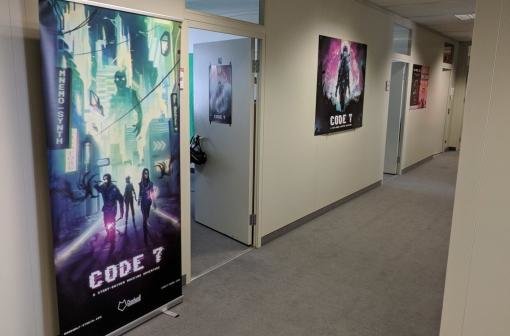 |
Outside the friendly confines of Goodwolf's new office...
|
Zein: Johannes Brauchkamm of beepkultur and Thomas Rössig of Flying Sheep started that idea. They met people from Cologne or surrounding cities when they visited Boston for PAX, but they did not know them despite being neighbors! We should have a kind of atlas of game developers or a shared place together. That thought was the beginning of creating a co-working space. There are already other examples in Bayern, like the Saftladen or Werk 7. They proposed the idea to the city [Cologne], but they did not quite like it at first. After some re-thinking, they asked some firms to get some signed letters of preparedness. Thus, they declared their interest in the project. We were one of those companies.
I met with Johannes and he told me about the idea of a co-working space. On the spot, I declared my interest because at that time we had already given up our office in Bonn. That office was way too quiet for us. We could not work there – it had a kind of graveyard vibe. So, at that time we were both working from home. That can be quite exhausting, because you tend to get distracted a lot. Then Johannes came up with that idea of a shared office. I was like: by all means! Once again they proposed it to the city and this time it worked. The koelnmesse [Cologne trade fair] had two levels of a fairly big building which they wanted to scrap at some point. Thus, they even had a rather cheap lodging for the shared office. We reserved a small office and now the whole place is fully booked.
Peter: Do you get in touch with a lot of the other companies in your shared office? Is there any exchange?
Zein: Yes!
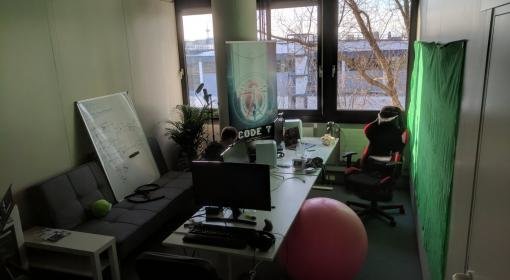 |
... and then a glimpse of the inner sanctum itself
|
Kevin: Usually our door is open all the time. We meet each other in the corridor. Directly next to our office is Jörg from Ducks on the Water. They are also working on a text adventure. This door between us is usually open as well. Jörg is one of our best testers.
Zein: We also meet each other in the kitchen. There are even some former fellow students, like Massive Miniteam a few doors further down. When we fetch a coffee we walk into their offices and take one to each other. Sometimes they come to our office or we grab a meal together. There is always an exchange of some kind.
Recently Kevin put out our whiteboard and wrote on it that we had a new puzzle and asked whether anyone would like to test it. After a while some developers came and took the time. That is perfect! That is exactly what we wanted. Exchange knowledge. That is quite cool and provides a very fertile base. It even helps telling someone about things that do not work – even talking with them about our story. Asking some external person how a character should react is quite helpful. Sometimes they have ideas and we enthusiastically reply, “Yes, exactly. That is a good idea. That is how we are gonna do it.” That always works fine.
Peter: Maybe even some collaborations will come from that exchange.
Zein: Yeah, they have partly happened already. For example, on our Discord server we talk about a new proposal of a 3D project and whether anyone wants to do it. That is how you push projects or responsibilities towards each other. Even when somebody is looking for a new job and company X has a new job offer. That is really awesome in here.
Peter: Thanks for the interview!
This interview was originally published on the German site Adventure Corner. It has been translated by the author and reprinted with permission.


